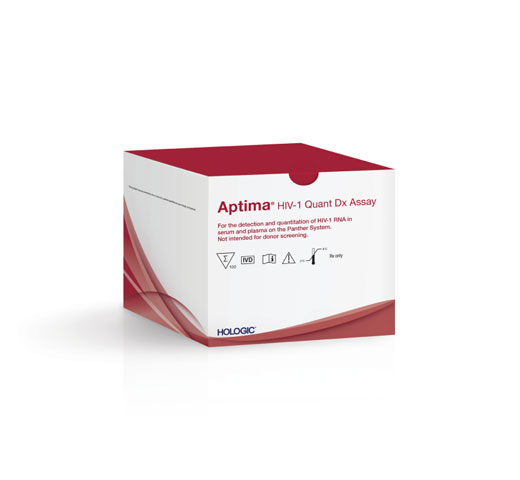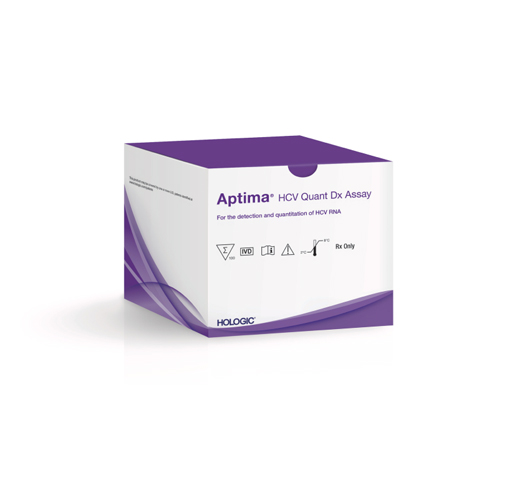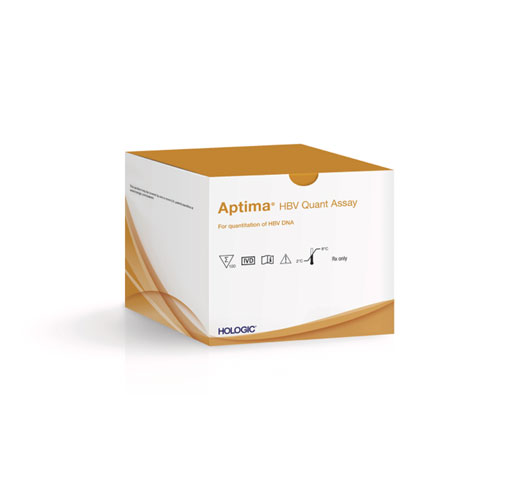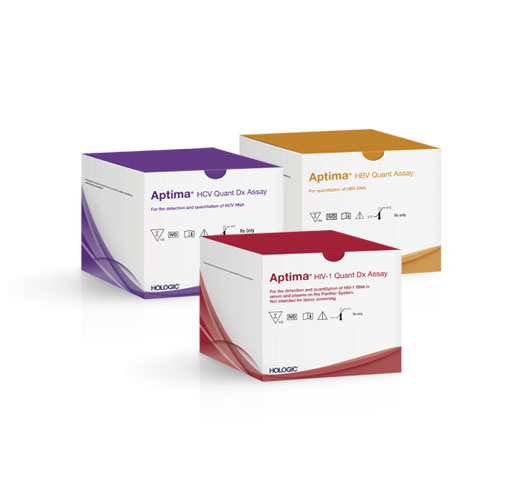A Step Forward in Reliable Monitoring for Transplant Assays: Transplant patients at risk for CMV infection have a new ally

Transplant patients at risk for CMV infection have a new ally—a fully automated, FDA-approved assay, calibrated to the WHO standard and demonstrating commutability in viral load testing.
For those who receive an organ transplant, the fight for life doesn’t end when the operation is over. Transplant organ rejection, procedural complications and pre-existing, asymptomatic infections are just a few of the complications that can threaten the life of the transplant recipient.
Common infections, such as cytomegalovirus (CMV), Epstein Barr virus (EBV), and polyomaviridae (BKV) are some examples of pathogens that can threaten the outcome of the transplant procedure. Many of these agents live benignly in the population and don’t present issues for those with healthy immune systems. But for transplant recipients, on immune suppression regimens, these infections can cause serious and sometimes fatal disease. Nucleic acid amplification techniques have enabled labs to detect and quantify these viruses so physicians can accurately prescribe life-saving medications.
Differences in early viral load assays, which were developed under limited guidance, and variation in assay characteristics have presented roadblocks for standardization.1 Variance among assays resulted in variance in quantification, impacting the utility and portability of patient results.2
In 2010, the World Health Organization (WHO) took the first step to address variability in CMV quantification when it released the 1st International Standard for CMV.3 It is still the global standard to which all CMV assays can and should be compared. Several commercial assays calibrated to the international standard have received FDA approval; however, many labs continue to use laboratory developed tests (LDTs) which may not align to that standard.
To address this shortcoming, Third International Consensus Guidelines on the Management of Cytomegalovirus in Solid-organ Transplantation recommends that clinicians use only one test to monitor the CMV viral load of a patient for the duration of their treatment period.4 In order to reliably measure CMV load, it is advised that physicians should also send patient samples to the same laboratory throughout their treatment.
In 2022, Hologic received FDA approval for the Aptima® CMV Quant assay.5 This assay, calibrated to the 1st WHO International Standard, has excellent analytical and clinical performance.6 It runs on the fully automated Panther® system, which features a small footprint fitting into labs of all sizes and can reliably quantify CMV DNA genotypes 1, 2, 3, and 4, as well as well-known CMV mutants. Analytical and clinical data of the Aptima® assay demonstrate excellent correlation of quantitation to the WHO standard as well as to another FDA approved assay.6
Reducing inter-assay variability takes us a step closer to commutability and standardization. These advances could lead to the establishment of viral load thresholds that better predict the risk of developing disease and identify significant changes in serial viral load values leading to improved care and outcomes for patients. When you choose the Aptima® viral load assays, you rely on a reproducible and accurate assay, aligned with the next generation of transplant molecular testing. Get started at Aptima® Transplant assays.





